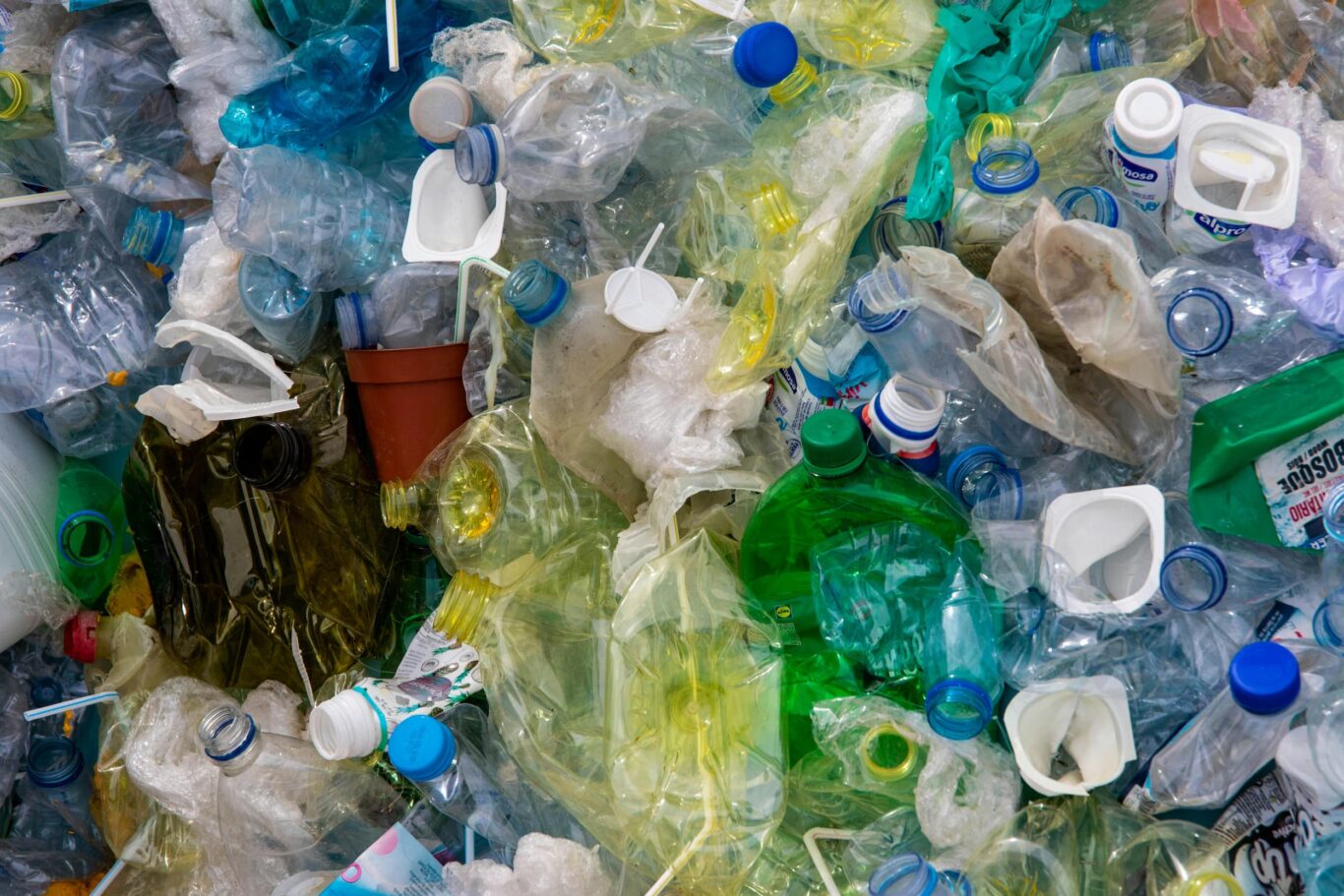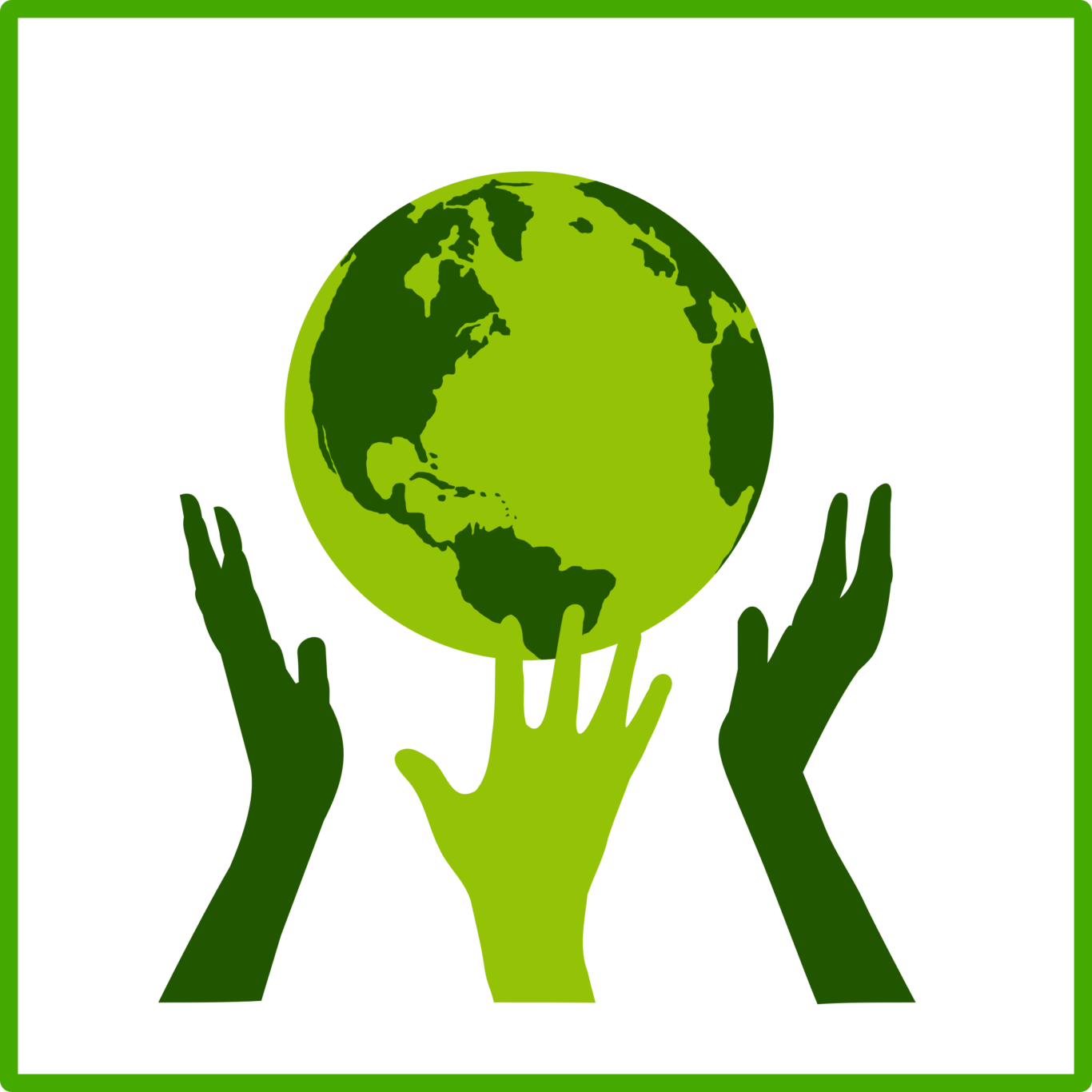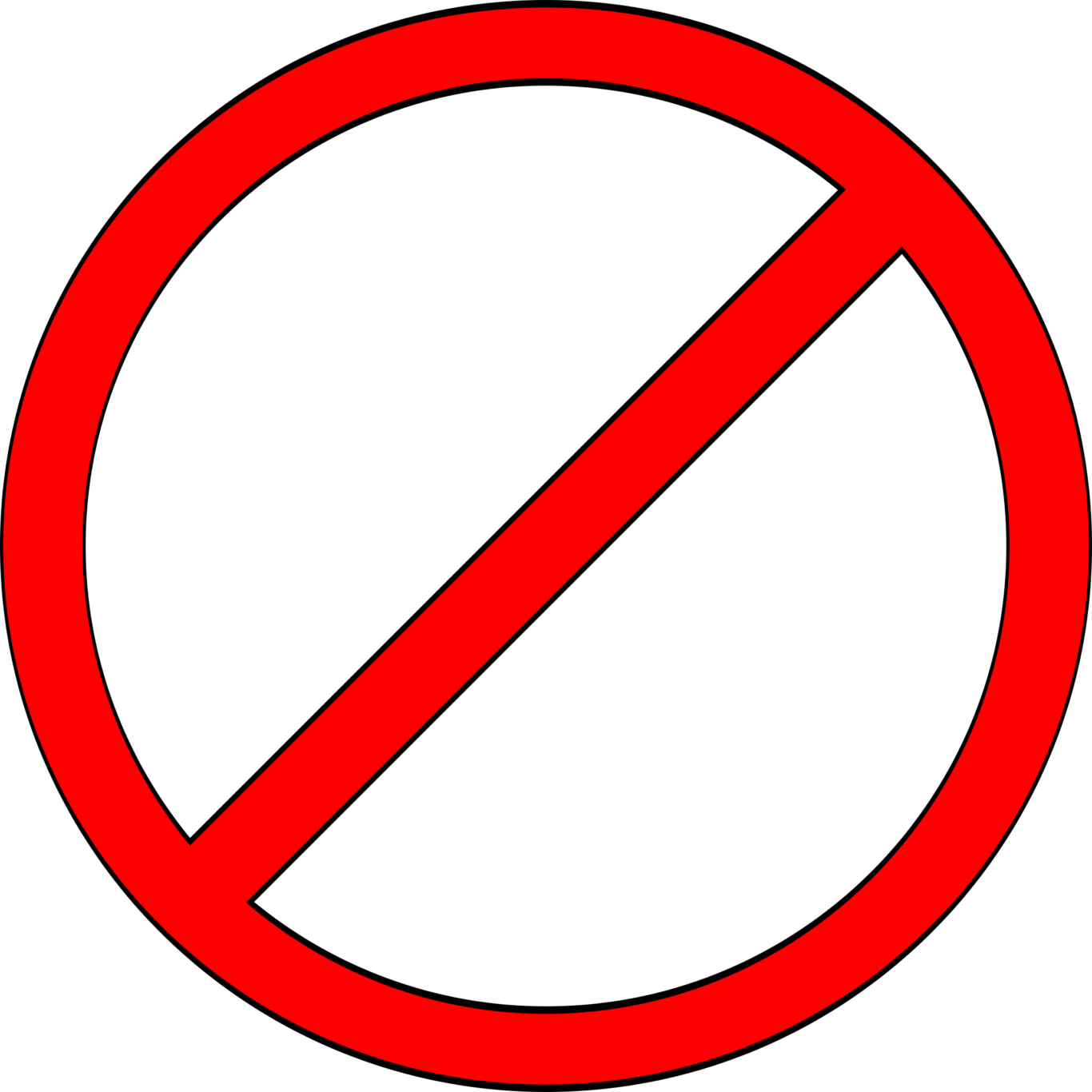Recycling Rules & Etiquette
Did You Know?
Up to 15% of all recycled goods are rejected because of contaminated materials. While recycling can be a great habit to get into, it is also important to know that there are rules for recycling products a certain way.
Recycling centers have to maintain a certain profit margin to stay in business, and when they receive contaminated materials they have to pay to transport it to a dump. This is bad not only for the recycling business, but it also means any goods that could have been recycled have to be thrown away because of a bad job sorting, collecting, or preparing recycling bins.

Helpful Guidelines for Recycling
Best Practices:
- Sort your materials. Even though the bin says ‘Glass’, make sure that only the allowed type of glass is placed in them. The same goes for cardboard, paper, and plastics.
- Clean any soiled materials. Cardboard, for example, can be easily recycled. However, pizza boxes with leftover cheese won’t be able to be accepted.
- Check your local community rules and regulations! Every city has its own rules for what kind of materials are accepted, so it is important to double-check with local ordinances to find out what is recyclable in their machines.
- Keep your goods tidy. It is much easier to keep on top of recycling immediately than it is to sort everything out at the last minute. Take each evening to sort out any goods that can be recycled and help cut down on rejected bins.

Common Mistakes:
- Place any materials with food on them in the recycling bin. Any food debris will put strain on the machines that process it, and that is a costly repair. This includes paper towels, plastic bags, etc.
- Place plastic caps with plastic containers. Although they come together, most plastic containers are made from different plastic as their caps are. Double check to make sure the caps can also be recycled, but as a general rule caps should be separated out.
- Put any medical waste inside the recycling bin. A loose syringe not only creates a rejected bin, it also is very dangerous to anyone who comes into contact with it. Medical waste is considered Household Hazardous Waste, and they must be disposed of differently. Check out our information on Medical Waste for more info.
- Put electronics in the recycling bin. Because of the complexity of many electronics, they are not to be placed in a bin. Not only that, but it may contain personal information that anyone could come and grab before the truck does. See “Computers & Electronics” for information on how to recycle them responsibly.

